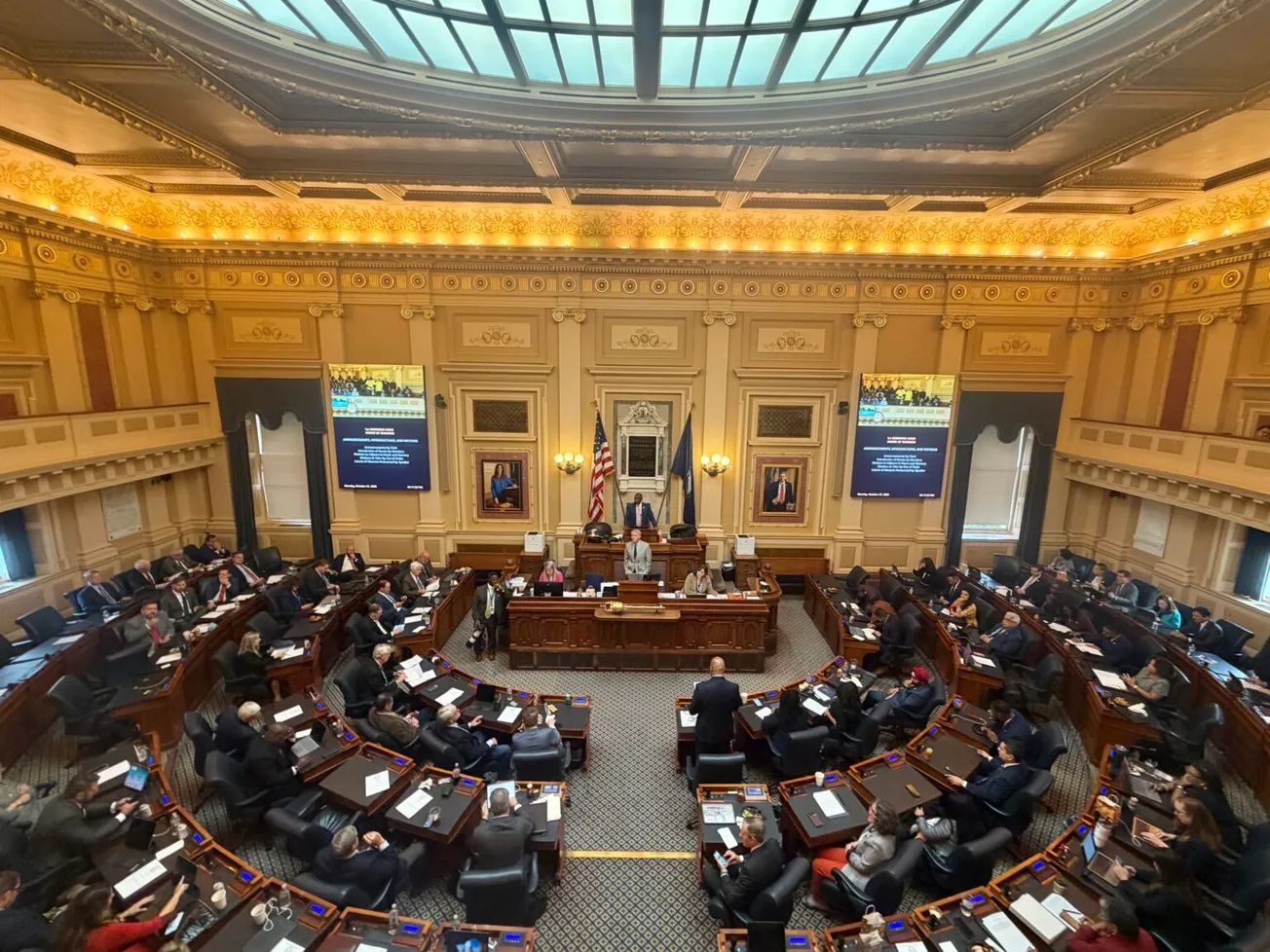Judges cool to legal challenges as Democrats move to redraw Virginia’s maps
Two lawsuits aimed at halting a mid-decade redistricting effort have already been scaled back or dismissed, but Republicans signal they may try again

Two lawsuits aimed at halting a mid-decade redistricting effort have already been scaled back or dismissed, but Republicans signal they may try again
